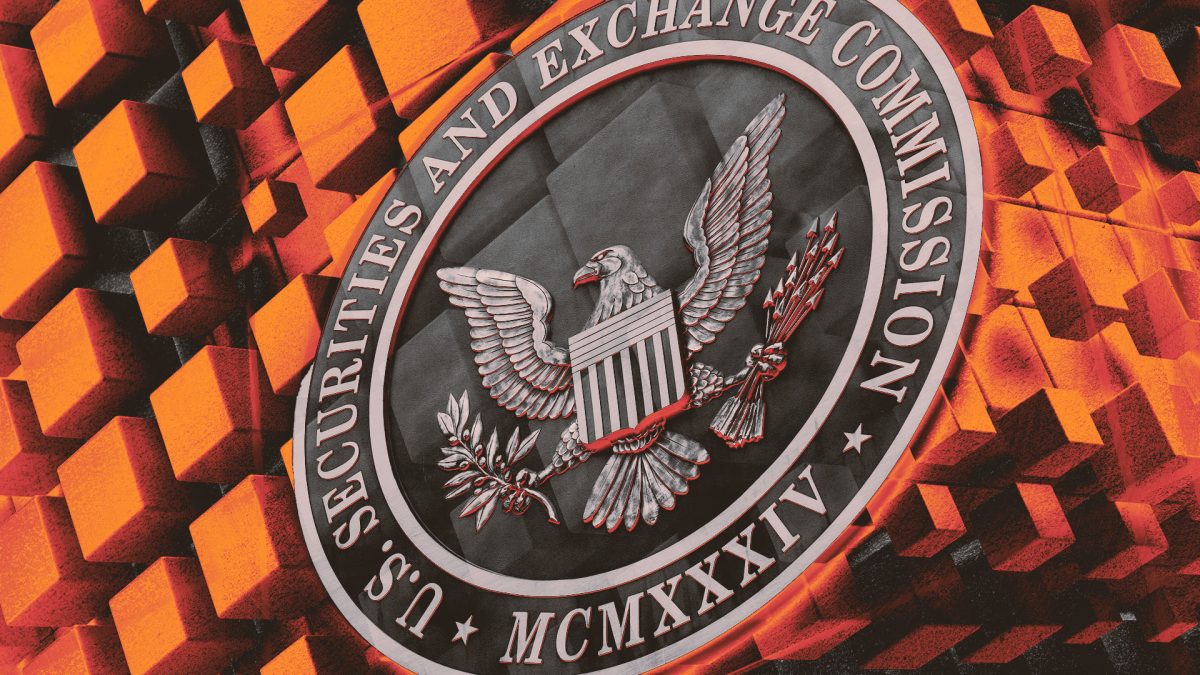Imagine you’re saving money in a high-tech piggy bank that not only keeps your cash safe but also lets you use a digital receipt to borrow or invest elsewhere—without touching your original savings. That’s the magic of liquid staking in the crypto world, and in a game-changing move, the U.S. Securities and Exchange Commission (SEC) announced on August 5, 2025, that these “liquid staking tokens” aren’t securities. This decision could make cryptocurrencies like Ethereum more accessible to everyday investors. Let’s break down what this means, why it’s a big deal, and how it might affect your financial journey.

What Are Liquid Staking Tokens?
The Basics of Liquid Staking
Liquid staking is a clever way to participate in blockchain networks while keeping your assets flexible. When you “stake” cryptocurrencies like Ethereum, you lock them up to help secure the network and earn rewards, similar to earning interest on a savings account. However, traditional staking often means your assets are stuck until you unlock them. Liquid staking solves this by giving you a “receipt token” (like stETH or rETH) that represents your staked assets. You can trade, lend, or use these tokens in other crypto apps while your original assets keep earning rewards.
The SEC’s Big Call
The SEC’s new guidance, issued by its Division of Corporation Finance, clarifies that these liquid staking tokens—also called staking receipt tokens—don’t count as securities under U.S. law, as long as the setup follows certain rules. The key? The tokens’ value comes directly from the staked crypto, not from the efforts of a company or manager, which is a critical factor under the Howey Test used to define securities. This means platforms like Lido and Rocket Pool, which offer liquid staking for Ethereum, can operate without needing SEC registration, making life easier for developers and investors alike.

Why This Matters to Everyday Investors
Opening the Door to DeFi
This SEC decision is a win for decentralized finance (DeFi), where over $67 billion is already locked in liquid staking across blockchains. For the average person, it means you can explore crypto staking without worrying about complex regulations. Picture using your bank’s investment app to buy a Bitcoin ETF—now, similar apps might soon let you invest in liquid staking tokens like stETH, bringing DeFi to mainstream platforms. This clarity could also pave the way for Ethereum ETFs to include staking features, boosting their appeal.
More Confidence, Less Risk
Before this guidance, the crypto world felt like a regulatory gray zone, with fears that the SEC might crack down on staking platforms. The new rules remove that uncertainty, giving investors confidence to participate. Major platforms like Coinbase, which faced SEC scrutiny in the past, can now expand liquid staking offerings without the threat of being labeled as unregistered brokers. This stability could attract bigger players, like hedge funds, which might drive more liquidity and stabilize crypto prices.

What’s Next for Crypto Investors?
A Boost for Ethereum and Beyond
Ethereum, the second-largest cryptocurrency with a market cap of $435.77 billion as of August 2025, stands to gain the most from this ruling. Liquid staking tokens like Lido’s stETH and JitoSOL (used on Solana) are now on firmer ground, potentially driving more adoption. The SEC’s move could also encourage other blockchains to develop liquid staking protocols, expanding options for investors. Posts on X show excitement from the crypto community, with users calling this a “bullish” step for DeFi and Ethereum ETFs.
How to Get Started
Curious about liquid staking? Start by exploring trusted platforms like Lido or Rocket Pool, which are user-friendly and comply with the SEC’s guidelines. Always verify the platform’s security measures, like two-factor authentication, to protect your assets. Learn how staking rewards work—typically shown as an annual percentage yield (APY)—and consider the risks, like potential price swings in the underlying crypto. As the SEC’s guidance isn’t a blanket approval, stick to well-established protocols to stay on the safe side.























